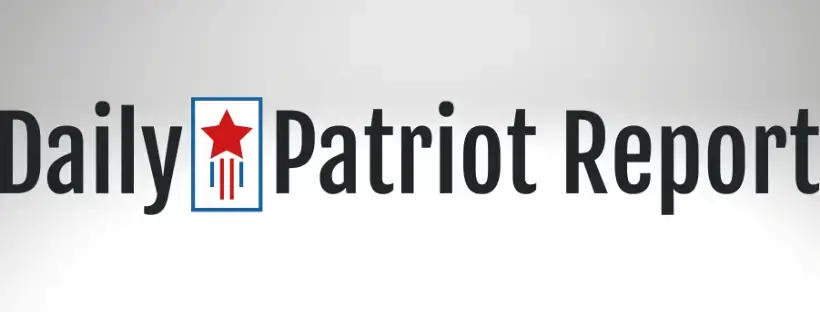Billionaire Mark Cuban recently declared he was "proud" to pay a hefty sum in taxes, sharing this sentiment in a controversial post on X ahead of Tax Day. He engaged in a heated debate with OutKick writer Ian Miller, who questioned Cuban's approach to paying his "fair share" of taxes.
Miller initiated the exchange by asking Cuban if he or his corporations pay more than required. Cuban responded confidently, stating, "I pay what I owe. Tomorrow I will wire transfer to the IRS. $288,000,000.00. This country has done so much for me, I’m proud to pay my taxes every single year. Tag a former president that you know doesn’t."
Miller countered by asking why Cuban doesn't pay more to address the issues with Trump's tax cuts. The discussion prompted further criticism from other X users, including Tom Elliot and Carol Roth, who echoed the sentiment that Cuban should contribute beyond the minimum.
Political commentator Chad Felix Greene and Republican congressional candidate Irene Armendariz-Jackson joined the fray, scrutinizing the impact and transparency of Cuban's tax contributions. They highlighted the minimal effect such payments have on the national debt and challenged Cuban to disclose his tax returns.
Cuban later corrected his initial claim, noting that he actually paid $275,900,000 in taxes. He reiterated his pride in contributing to the country, despite acknowledging that not all funds would be used effectively.
American Principles Project President Terry Schilling humorously suggested needing more billionaires like Cuban to offset the national debt. Radio host Joe "Pags" Pagliarulo lamented the government's inefficient use of such tax revenues.
Reflecting on his views during a 2019 interview with FOX Business' Neil Cavuto, Cuban expressed his belief in the patriotic duty of paying taxes, especially for the wealthy. He defended being a target for tax increases over less affluent individuals.
Cuban also voiced concerns about how tax revenues would be allocated, questioning the priorities of politicians like Bernie Sanders and Elizabeth Warren. He emphasized the need for clarity on governmental spending priorities, underscoring the significance of efficient tax use.

